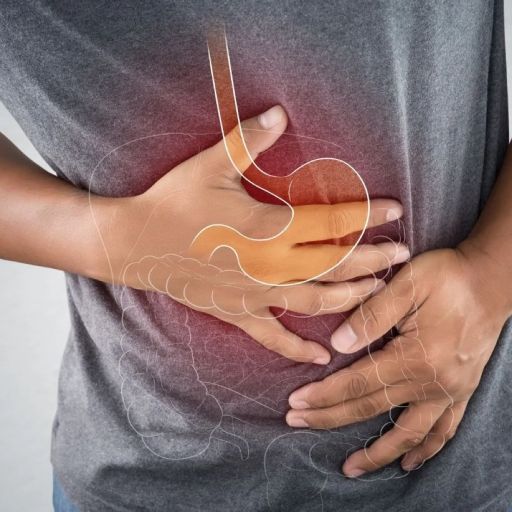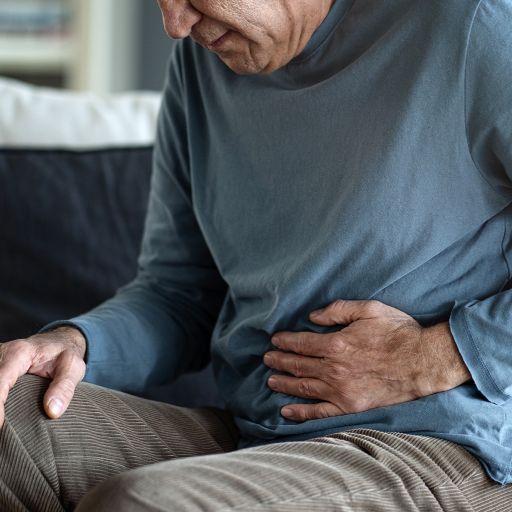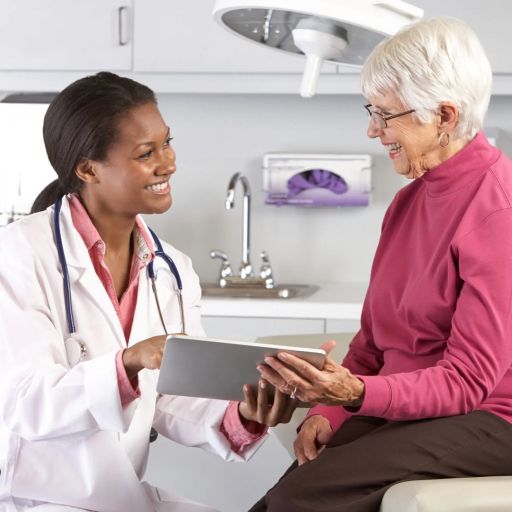Stomach cancer, or gastric cancer, is a very common form of cancer where cancerous tissues develop within the wall of the stomach. It’s not as common as other cancers, but it’s still one of the top causes of cancer deaths worldwide.
The problem is that people tend to ignore or be unaware of the disease, as stomach cancer rarely gives out early symptoms. More often than not, by the time the burning sensation arises and other symptoms occur, the disease is already in its later stages.
Let’s look at some information on the symptoms, risk factors, and how to screen for stomach cancer in the earliest stages.
Symptoms of stomach cancer
Stomach cancer symptoms can be mistaken for common stomach problems. Here are some of the main signs.
●Unexplained weight loss
Losing weight without trying is one of the early signs. If you lose pounds without changes in your diet or activity, it’s something to pay attention to.
●Loss of appetite
Ever feel full after just a nibble? If your stomach suddenly decides it’s not hungry, something’s off. It’s like your body's way of saying—pay attention!
●Persistent indigestion or heartburn
We all have our spicy food regrets. But if you’re battling heartburn constantly, it might not just be that last meal. If over-the-counter medications aren’t doing the trick, it’s time to investigate further.
●Nausea and vomiting
Feeling queasy for no good reason? That’s a big red flag. If you start tossing your cookies, especially if there’s blood or it looks like coffee grounds, your stomach is trying to tell you something serious.
●Abdominal Pain
If your stomach feels like it’s auditioning for a drama, something might be up. Whether it’s a dull ache or sharp cramps, pain after eating is your body’s way of saying, “Hey, something's not right!”
●Bloating after meals
If you find yourself feeling bloated after meals, it could be a warning sign. Even small amounts of food might leave you feeling pressure or fullness in your stomach.
●Fatigue
Feeling unusually tired all the time? Fatigue is common in many illnesses, including cancer. If you’re resting but still exhausted, it might indicate an underlying issue like anemia, often linked to stomach cancer.

Risk factors for stomach cancer
Not everyone with symptoms of stomach cancer has it. But some factors may elevate the risk.
●Age
The risk increases as you age. Most people diagnosed are over 60.
●Gender
Men are more likely than women to develop stomach cancer. The reasons for this difference are not fully understood.
●Diet
A diet high in salty, pickled, or smoked foods can increase your risk. These foods often contain nitrates and nitrites, linked to stomach cancer. On the bright side, eating plenty of fresh fruits and vegetables may lower your risk.
●Helicobacter pylori infection
Helicobacter pylori (H. pylori) is a bacterium that infects the stomach lining. This infection can lead to ulcers, which can increase the risk of stomach cancer if not treated.
●Tobacco and alcohol use
Smoking and heavy drinking raise the likelihood of stomach cancer. Tobacco chemicals can damage the stomach lining, while alcohol irritates it and increases cancer risk.
●Family history
A family history of stomach cancer means that you may also be afflicted with the same ailment. Both genetic factors and the environment can be responsible for this.
●Pre-existing conditions
Certain medical conditions can increase your risk of stomach cancer. Chronic gastritis is one of them. Pernicious anemia and previous stomach surgery are also factors. Additionally, people with Barrett’s esophagus face a higher risk.
●Obesity
Obesity, or being overweight, is linked to a number of cancers, with stomach cancer being one of them. Excess body weight, particularly around the abdomen, increases pressure on the stomach and can lead to changes in cells that may become cancerous.

Early detection of stomach cancer
Catching stomach cancer early can significantly improve treatment outcomes. Unfortunately, symptoms often don’t show up until later stages. However, there are ways to enhance early detection.
●Regular check-ups and screenings
Check-ups are critical, especially when one is at greater risk of developing stomach cancer. Health checkups help prevent disease by making sure any disease is caught early.
Be warned that some of these tests may be invasive. For example, an endoscopy involves putting a camera in the patient’s throat and into the stomach in order to detect any abnormalities.
●Testing for H. Pylori
Attention should be paid to the symptoms of an H. pylori infection. Your doctor can test for this bacterium with a breath, stool, or blood test. In case the test indicates the presence of a H. pylori infection, antibiotics are the only solution.
Curing such an infection may also help you lower your chances of getting stomach cancer.
●Genetic testing
It is unfortunate if one has a family history of stomach cancer. In such instances, genetic screening might be useful.
For example, certain gene mutations, such as the CDH1, may increase the predisposition to the disease. By understanding your genetic makeup, you and your doctor can make better decisions regarding screening and prevention strategies.

Prevention Tips for stomach cancer
You can’t entirely prevent stomach cancer, but you can definitely play defense.
Load up on fruits, veggies, whole grains, and lean proteins. Think of it as giving your stomach a nutritious hug! Say goodbye to processed foods and salty snacks. Antioxidants and fiber are your new best friends in the fight against cancer.
If you smoke, quitting is like hitting the reset button on your health. Trust us; your body will thank you. And while you’re at it, keep that alcohol consumption in check. Less booze means less risk—simple math!
Stomach cancer is a serious disease that often flies under the radar until it’s too late. By being aware of the symptoms and understanding your risk factors, you can take proactive steps to protect your health.
Early detection is your best ally in the battle against stomach cancer, so if something feels off, don’t just shrug it off—get it checked! Think of it as a health tune-up. With smart lifestyle choices, regular screenings, and a dash of awareness, you can kick those cancer odds to the curb. Your stomach will thank you!





